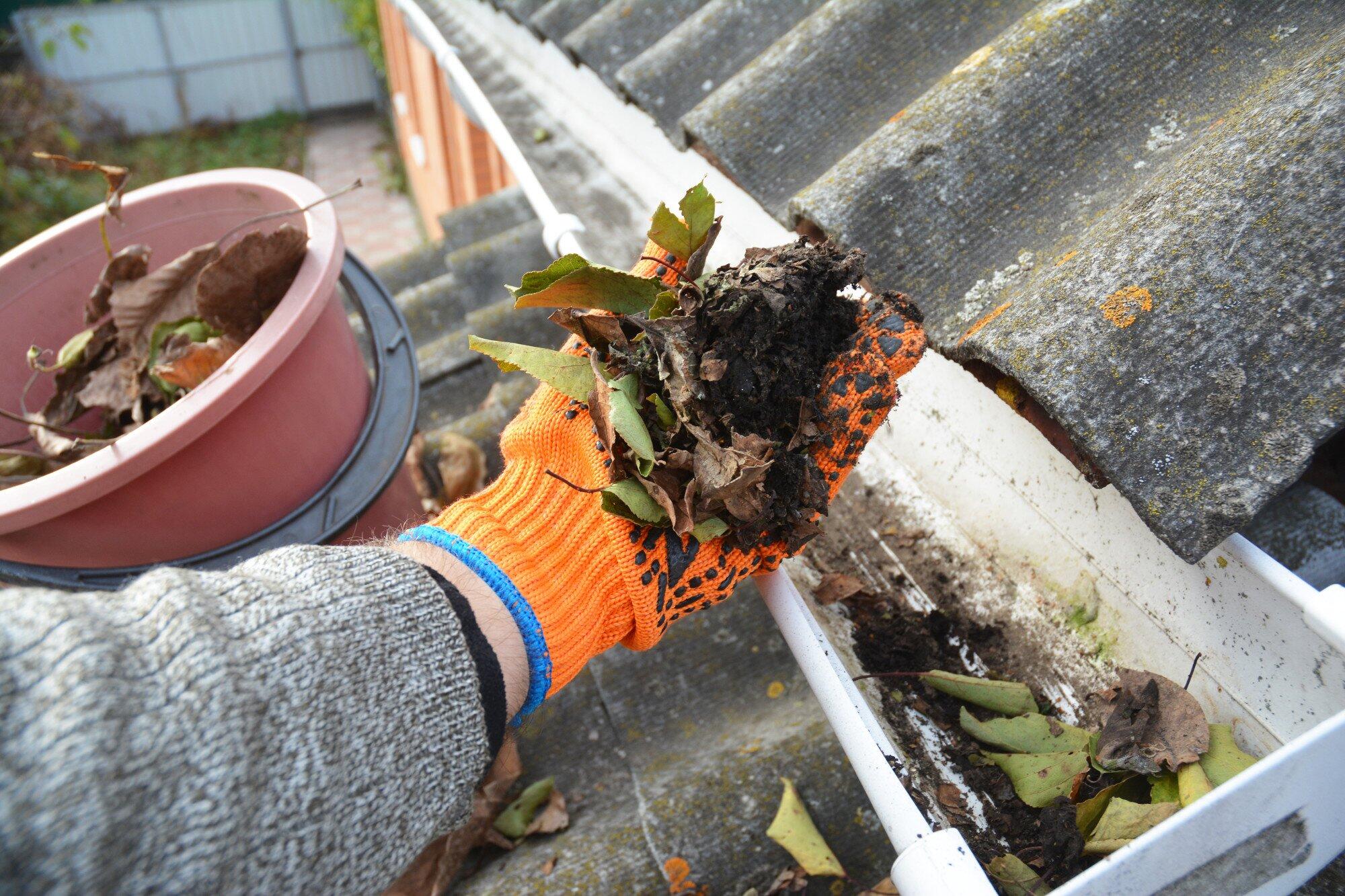Have you ever been in a situation where your rental needs a repair or maintenance, but you were unsure who would be responsible for it when the bill came?
Property maintenance and repairs can be murky and uncomfortable things to think about. No one wants to lose their security deposit, but people also don't want to take up responsibilities that aren't theirs.
That's why we're clarifying the difference between legal and optional maintenance responsibilities in this short guide. Read on to learn the difference between these concepts and how they affect you.
Tenant Rights
In New York, the tenant has the right to live in a safe, habitable, and well-maintained living space. This right burdens the landlord to ensure that everything in the unit works (including heating and hot water) and that the structure is safe. This is called the warranty of habitability.
A tenant can never be asked or forced to waive this right, not even in a written contract. However, the tenant becomes responsible if the property gets damaged or uninhabitable because of their actions.
Tenants' Legal Property Maintenance Responsibilities
A tenant's legal responsibilities are all those actions they have to take to avoid making the place uninhabitable. Most of these are passive in that the tenant has to refrain from doing certain things. Examples include avoiding hitting baseballs through the windows or not letting a pet tear up the curtains.
Some of these responsibilities require positive action from the tenants. These include:
- Taking out the trash
- Keeping the unit clean, especially of things that attract bug infestations, lingering scents, and smoke damage
- Keeping appliances and furniture clean
- Promptly reporting maintenance issues to the landlord or property manager
Failing to take these steps is the same as actively damaging the property. If the tenant doesn't fix the damage while still living there, the landlord can withhold the security deposit.
Optional Responsibilities
Usually, all maintenance beyond the tenant's responsibilities is the landlord's job. However, a tenant does have the option to take specific extra responsibilities from the landlord.
These arrangements can be good for both parties. For example, a tenant with the right skills can ask to take over the unit's plumbing. In return, the landlord can offer to reduce the rent.
A situation like this reduces stress on both sides. Landlords have less to address, and tenants don't have to wait for the landlord to respond to issues.
However, because this type of agreement turns tenant rights into landlord rights, we recommend getting the agreement in writing. It's also best to conduct thorough rental property inspections for things to be as fair as possible.
Simplify Your Renting Experience
Understanding what is and isn't your responsibility can give you peace of mind. Landlords are responsible for providing habitable homes. This includes maintaining the structure and utilities.
Tenants are responsible for keeping the place habitable while they live there. They're responsible for cleaning and must avoid damaging the place.
If a tenant wants to take over optional property maintenance, we recommend putting it in the lease contract. PMI New York has written fair lease contracts and kept places well-maintained for two decades! Find out how we do it for the simplest ever renting experience.


